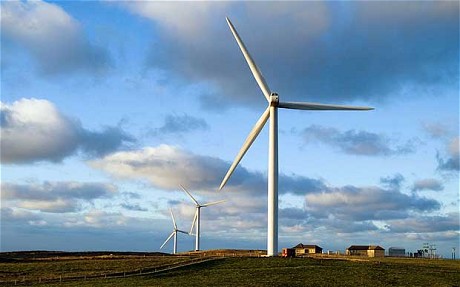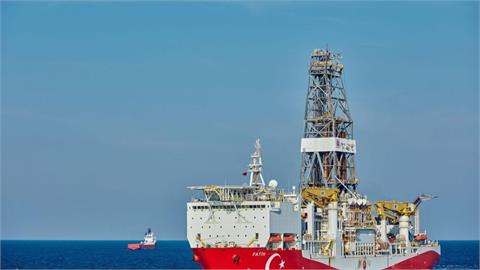by Nick Butler* On Wednesday the cabinets of the France and Germany will hold a joint meeting in Paris. The occasion is highly symbolic – both in the way in which normal state-to-state relationships have replaced war in Europe, and in the continued commitment of the neighbours to maintain their alliance whatever their short-term political and personal differences. But the discussion this week could also produce substantive results
On Wednesday the cabinets of the France and Germany will hold a joint meeting in Paris. The occasion is highly symbolic – both in the
way in which normal state-to-state relationships have replaced war in
Europe, and in the continued commitment of the neighbours to maintain
their alliance whatever their short-term political and personal
differences. But the discussion this week could also produce substantive
results.
President François Hollande,
to the surprise of French business as well as his German visitors, has
proposed that the two countries should work to achieve deep co-operation
on energy policy. He compares this to the Airbus project which in his
words "saved us from becoming a branch plant of the US economy”. The
initial reaction to the idea in Berlin has been lukewarm. There is a
general fear that Mr Hollande will do everything possible to get Germany
to fund French debts. One German told me last week that Mr Hollande
should "get on his scooter and stick to what he does best”.
That is a very shortsighted view. Energy policy is going wrong
because we are accustomed to thinking within narrow national lines. Each
individual country has to achieve whatever is the target of the moment –
a 30 per cent cut in emissions; a 20 per cent share for renewables
and so on. This is a suboptimal approach. Individual countries can
achieve their targets but the costs of working in an atomistic way can
be enormous. One of the greatest advances of a complex society is that
different people do different things. We do not all grow or kill our own
food every day. The case is best spelt out in Robert Wright’s brilliant
book Nonzero.
When it comes to energy, each of the three objectives of current European policy
– security of supply, emissions reductions and competitiveness – are
more likely to be advanced by co-operation which allows different
countries to make different contributions to a common objective. What
should matter is not whether each individual country achieves a 30 per
reduction but whether the reduction is achieved by the EU as a whole at
the lowest practical cost. European level policy is not working but that
should not stop co-operation between states.
President Hollande’s proposal is one small step in the right
direction. He is suggesting that France and Germany co-operate on the development of renewables.
The challenge for renewables is cost – both the direct subsidies
required and the costs of maintaining a back-up system of conventional
supply to cover periods of intermittency. The best answer to this is to
increase the size of the area covered and to use the most advanced grid
technology to ensure that wherever power is generated it can be
distributed for use wherever it is needed with minimal transmission
losses. If there are multiple, distributed sources of production the
problems of intermittency are reduced. Some conventional back-up
supplies will still be needed but the scale, and therefore the costs, of
maintaining the back-up capacity will be lower.
For Chancellor Angela Merkel and for Sigmar Gabriel,
the vice-chancellor now in charge of economic and energy policy, the
risk is that the costs of the German energy revolution – the Energiewende
– undermine the strength of the economy. According to a new study from
McKinsey, industrial costs are already 19 per cent higher than the EU
average; domestic costs a shocking 48 higher. In both cases unless the
subsidy structure is changed costs will rise. Deindustrialisation is a
real risk.
Mr Hollande’s proposal deserves serious consideration. In many ways
it would make sense to go further and to think of France and Germany as a
single energy economy – more secure, with lower emissions and more
competitive. There is no logical case against a free-trade zone for
energy. Bilateral co-operation would not involve Brussels and would not
require agreement from 26 other EU states, although some might choose to
join as and when the links developed. The proposals and their potential
carry echoes of the original co-operative spirit of the 1958 Treaty of Stresa and other early steps which grounded the rebuilding of Europe in the 1950s in the combination of French and German interests.
Of course there is a case for the UK being part of all this. The UK could bring a wider base of resources and grid technology. The UK too would gain from anything which reduced the costs of renewables. But with the UK government running scared of Nigel Farage and his UK Independence party, there is no chance of that.
*the "Financial Times", February 17, 2014




